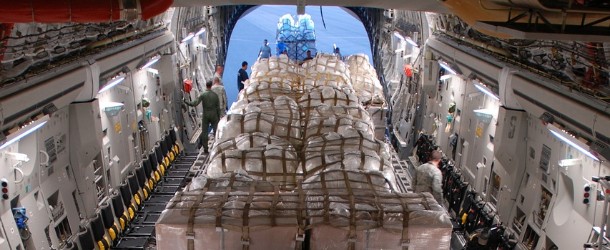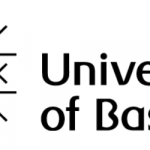Quantum-South announces air cargo optimization application

Quantum-South, which applies quantum computing to complex optimization problems in the cargo transport sector, released an air cargo optimization application running on D-Wave Systems machines via the Amazon Braket cloud service that Quantum South said is capable of optimizing the loads of containers and unit load devices (ULDs) in full freighters and passenger aircraft.
The announcement was made Thursday at the IQT Quantum Enterprise conference in San Diego. The solution meets optimization targets related to revenue, priority, center of gravity, shear force and volume, beyond industry standard weight and balance restrictions. It aims to bring efficiency in logistics, helping companies to improve revenues and reduce costs based on customizable parameters.
Quantum-South, which is based in Uruguay, is now planning to work on proof-of-concept projects with potential clients, and has been talking to airlines about testing the application, said Dr. Rafael Sotelo, co-Founder of Quantum-South, during the conference session “Quantum Applications in Logistics: Air and Maritime Cargo,” said. The application can be applied to any model of cargo aircraft.
“We have received good feedback on the applications and have very good leads [on trial partners],” he said.
Quantum-South, which has about 20 employees, was spun off from the University of Montevideo after a team from the school achieved finalist status in the global Airbus Quantum Computing Challenge in 2019. Airbus has identified the cargo container load optimization problem as one of the most challenging in the aerospace industry.
In his talk, Dr. Sotelo explained the problem of addressing several packages to be transported with the objective to identify the optimal selection of the ones that maximizes key parameters like revenue, priority and volume associated to the containers and ULDs while respecting restrictions, such as maximum weight and length, center of gravity, shear, and the shape of the fuselage. Optimizing the location of the center of mass has a significant impact on fuel consumption and environmental protection.
“Given the enormous increase in the number of possible combinations as the number of packages increases, the problem poses a serious challenge to be solved by classical means” Dr. Sotelo said.
Using quantum annealing, the D-Wave platform finds optimal solutions in a short time, while conventional systems benchmarks are not able to find the same level of solutions or directly are not able to compute in a reasonable time.
Quantum-South also is working on other quantum-based solutions for other air and maritime cargo use cases, including a bin packing problem and take-off trajectories for fuel optimization.
The company also has helped to organize an event called Quantum Latino, which runs June 9-11 and is focused on the development of quantum computing technology and applications in Latin America. “We are building our own quantum community down there,” Dr. Sotelo said.
Dan O’Shea has covered telecommunications and related topics including semiconductors, sensors, retail systems, digital payments and quantum computing/technology for over 25 years.



















